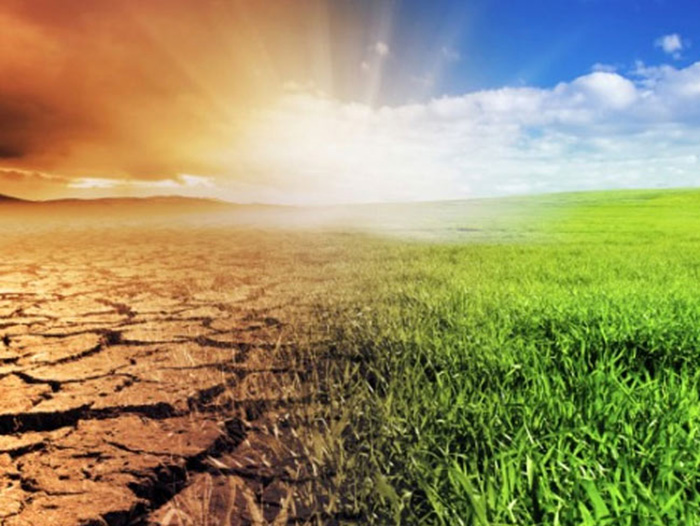It pointedly held its inaugural meeting just ahead of a gathering of G20 finance ministers in the Peruvian capital Lima, where economic policy-makers from around the world are gathered this week for the annual meetings of the International Monetary Fund and World Bank.
"We are low- and middle-income, least developed, arid, isthmus, landlocked, mountainous and small island developing countries," the group said in statement.
"Home to close to 700 million people -- or approximately one in 10 alive today.... (And) we are united in our shared vulnerability and exposure to climate change."
The group, which aims to both raise and manage climate funds, agreed to set up a public-private "climate risk pooling mechanism," a sort of insurance fund for extreme weather events and disasters.
The launch came as the clock ticks down to key United Nations climate talks in December that will seek a comprehensive deal on curbing carbon emissions and saving the planet from the potentially disastrous impacts of global warming.
Funding for poor and vulnerable nations has been a major sticking point in previous climate talks.
Wealthy nations have pledged to come up with $100 billion a year in financing by 2020. As of last year, they had reached $62 billion, according to a new report.
The V20`s inaugural chair, Philippine Finance Minister Cesar Purisima, said the cost of falling short would be astronomical.
"In the absence of an effective global response, annual economic losses due to climate change are projected to exceed $400 billion by 2030 for the V20," he said.
UN climate chief Christiana Figueres urged "ambitious and timely finance" to help the V20 countries.
"Climate change is not only an environmental issue, it is a fundamental economic issue and needs financial solutions," she said.
The V20`s members are Afghanistan, Bangladesh, Barbados, Bhutan, Costa Rica, East Timor, Ethiopia, Ghana, Kenya, Kiribati, Madagascar, the Maldives, Nepal, the Philippines, Rwanda, Saint Lucia, Tanzania, Tuvalu, Vanuatu and Vietnam.
More about:
















































